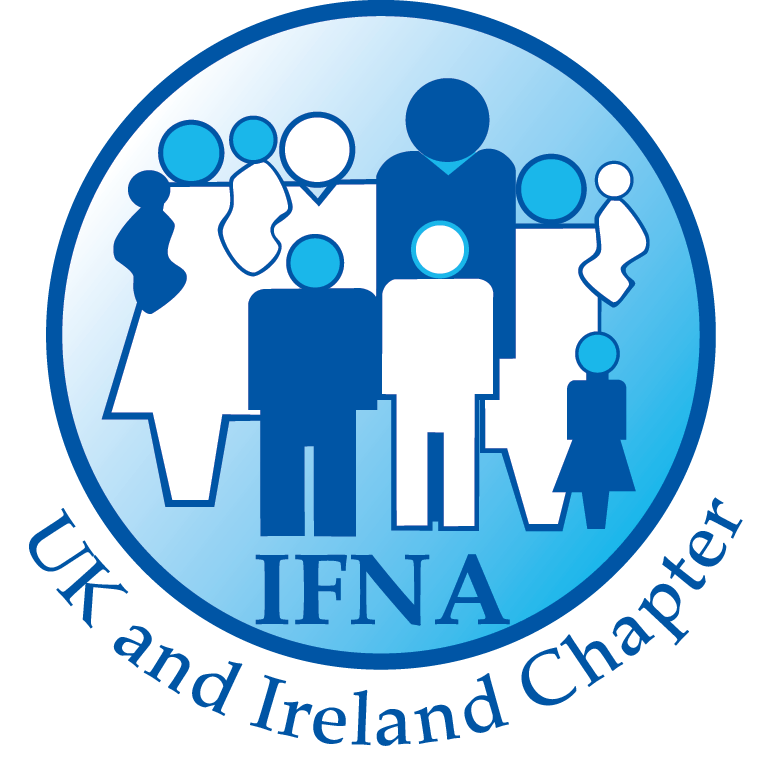Chloe Hawkins – Learning Disability Nursing Student, Northumbria University, Newcastle, UK
Terminology when supporting families of children with learning disabilities is as vital as the nursing care we provide…
Specialised family support for all is an essential part of nursing care. Recent figures reported by the International Family Nursing Association show how increased family involvement can positively increase patient clinical outcomes. A main focus throughout this piece will be the support provided to families when their baby or child is diagnosed with a learning disability. A learning disability is defined by the National Health Service as a “lifelong condition, whereby the individual may have difficulty understanding new or complex information. They may have a reduced ability to learn or build upon new skills which can sometimes impact the individual’s ability to cope independently”.
Some articles suggest changes to the terminology of learning disability, implying negative connotations of the term and creating a label for the individual. There are also calls from the Down’s Syndrome Association for professionals to recognise a person’s ability, rather than disability. It is also important to note that an individual may have a learning difficulty, for example dyslexia, and whilst not a diagnosed learning disability, will still require specialist support. Dependant on the needs of the child, this can be conducted via planned school support or assessment and integrated family nursing care.
While some families will be made aware of their baby’s condition antenatally, through genetic screening, some may be unaware until their baby has been born or until developmental markers or milestones are not met. Each learning disability will have a different aetiology, although it is important to note that not all learning disabilities will have a definite or identifiable cause. Families may find this difficult to come to terms with, and this is a key area of support that must be explored to meet the holistic needs of the whole family. Family nursing is essential within these times, to offer specialised care and insight, providing holistic care to the family unit rather than a single patient focus. Family Systems Nursing strives to include family members as much as practicable, and outcomes include sustained health.
Terminology is vital in the supporting of families during this time, to reduce feelings of isolation for families of children and young people. It is more important than ever to start changing perceptions and terminology starting with nurse education to influence change within practice. Identifiable terms, such as “risk” and “normal” are said to be ‘outdated’ with parents opting for terminology such as “chance” or “typical”. However, it is important to note the term risk may be used when clinical presentations are that of which harm may be caused due to their condition. An example being, “there is a risk of complication during their heart surgery”, however, the risk is not from their learning disability, but the co-morbidities that may be associated with a specific condition. Positive About Down Syndrome report that 46% of hospital trusts use the term ‘risk’ when delivering outcomes of genetic screening tests, they are calling for widespread change, noting that this phrasing is detrimental to the wellbeing of expectant families.
Throughout the pregnancy period, and then during postnatal care it is important for families to be supported and educated on their child’s condition. Preparing them with enough information to identify the needs that their child may have. An emphasis on collaboration between healthcare staff and family members is vital to ensure positive relationships and best possible outcomes for their child.
It is important for all fields of nursing, and midwifery to be mindful of the way that learning disabilities are presented to families. Literature suggests that a diagnosis of a learning disability can often lead families to focus on the positive changes in their lives, they report new perceptions and priorities in their life with some reporting new changes in confidence levels. Whilst some may argue that these may be classed as coping strategies, this draws parallels with articles upon feelings of parents who have had children without a learning disability.
For nationwide change and positive, open and honest discussions around learning disabilities, we must start within our nursing education. There needs to be greater emphasis within seminars and simulation to discuss, identify and promote the adaptation of services for people with a learning disability and their families. Student nurses and midwives are the next generation of healthcare support and their use of updated terminology will only serve to improve the patient and family experience.

